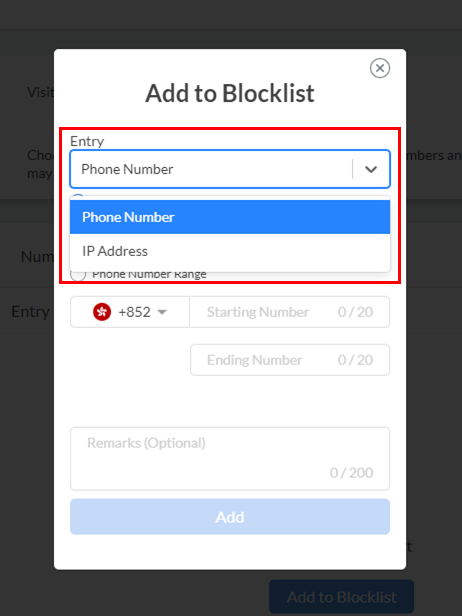
The panelists also provided guidance on the best use of pharmacologic therapies based on a balance of available evidence and practical realities. Thus, it was no surprise that the appropriate use of these vaccines was a major topic of discussion: When will they be available? Who should get them? When is the best time to administer them? What is the appropriate regimen for people who have not yet received initial vaccination? Are they likely to benefit vaccinated people who have also had acute infections? A very important point noted during the program is that the bivalent vaccines should not be administered until after a person receives initial vaccination with a monovalent vaccine. Food and Drug Administration (FDA) and CDC released decisions regarding the approval of and clinical indications for bivalent vaccines active against both the ancestral strain of SARS-CoV-2 and the BA.4 and BA.5 strains currently circulating. The panelists then addressed specific questions submitted by attendees during the program as well as when they had registered for it. After polling the participants about what they would do in each scenario, the panelists shared their own approaches.

The program began with presentation of 3 clinical vignettes. Kotton), and helping to disseminate trustworthy, current COVID-19 information. All of these individuals have been and continue to be leaders “on the mat” in this wrestling match with the virus-caring for patients, conducting research, participating in policy development, serving on the Centers for Disease Control and Prevention's (CDC) immunization committee (Dr. Abraham, ACP's past President and Chief of Medicine at Saint Vincent Hospital in Worcester, Massachusetts, and Professor of Medicine at the University of Massachusetts Medical School, moderated the program. Kotton (Clinical Director of the Transplant Infectious Disease and Immunocompromised Host Program at the Massachusetts General Hospital, and Associate Professor of Medicine, Harvard Medical School, Boston, Massachusetts). Carlos del Rio (Distinguished Professor of Medicine in the Division of Infectious Diseases at Emory University School of Medicine and Executive Associate Dean for Emory at Grady Memorial Hospital), and Dr. Sullivan, MD, Professor of Medicine and Assistant Professor of Medicine at Boston University School of Medicine), Dr.


On 7 September 2022, Annals of Internal Medicine and the American College of Physicians gathered an esteemed group of infectious disease physicians to discuss some of the current clinical challenges: Dr. We have learned much since SARS-CoV-2 emerged late in 2019, but many uncertainties remain and new questions arise continuously. As we approach the last quarter of 2022, it is unfortunate that we must continue to wrestle with COVID-19.


 0 kommentar(er)
0 kommentar(er)
